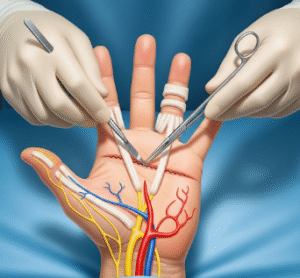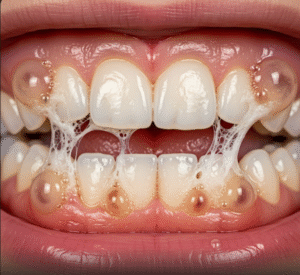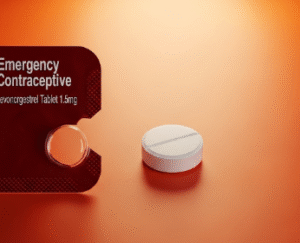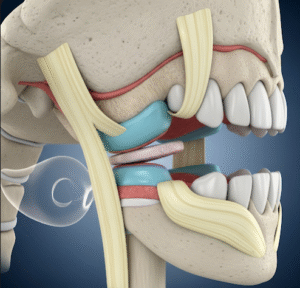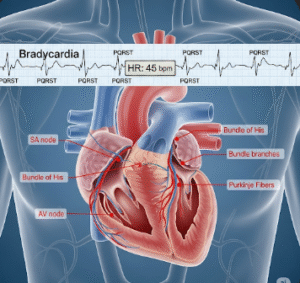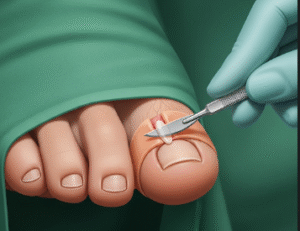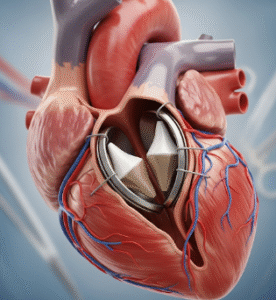Overview
Echolalia is a speech phenomenon in which a person repeats words, phrases, or sounds they hear, either immediately or after a delay. It is common in children developing language skills but can also be observed in individuals with neurodevelopmental disorders, neurological conditions, or psychiatric disorders. Echolalia can serve different communicative functions, such as expressing needs, learning language, or self-stimulation. In Korea, pediatric neurology, speech therapy, and psychiatry clinics provide specialized evaluation and treatment for echolalia.
Highlights:
➤ Speech repetition phenomenon – Can be immediate or delayed
➤ Common in neurodevelopmental disorders – Autism spectrum disorder, Tourette syndrome
➤ May serve communication or self-regulation purposes – Not always pathological
Key Facts
➤ Prevalence: Echolalia occurs frequently in young children as part of normal language development, but persistent or late-onset echolalia may indicate an underlying disorder.
➤ Age affected: Typically observed in children under 5 years, but can persist in older individuals with neurological or psychiatric conditions.
➤ Gender: Slightly more common in boys, particularly in autism spectrum disorder.
➤ Impact: Can affect social communication, learning, and daily functioning, and may be associated with frustration or behavioral issues.
What is Echolalia?
Echolalia is defined as the repetition of spoken words or phrases, either immediately after hearing them (immediate echolalia) or after a time delay (delayed echolalia). It may appear as:
- Functional echolalia: Used for communication, requesting, or affirming
- Non-functional echolalia: Repetition without apparent communicative intent
- Self-stimulatory echolalia: Repetition for sensory or emotional regulation
Highlights:
➤ Immediate vs. delayed – Timing affects interpretation
➤ May indicate normal development or a disorder depending on age and context
➤ Accompanied features: Language delays, social communication difficulties
What Symptoms Are Related to Echolalia?
➤ Repetition of words or phrases – Echoing speech verbatim
➤ Delayed repetition – Repeating phrases hours, days, or weeks later
➤ Limited spontaneous speech – Using repeated phrases instead of original sentences
➤ Difficulty initiating conversation – Reliance on echolalic speech
➤ Behavioral cues: Repetition may accompany anxiety, excitement, or stress
➤ Social interaction challenges: Difficulty understanding or responding appropriately to others
What Causes / Possible Causes
➤ Autism spectrum disorder (ASD): Echolalia is a core feature, often serving communication or learning functions
➤ Tourette syndrome: Vocal tics can include echolalic repetitions
➤ Neurodevelopmental disorders: Intellectual disability or developmental delay
➤ Neurological conditions: Aphasia, brain injury, or stroke affecting language areas
➤ Psychiatric disorders: Schizophrenia or catatonia may involve echolalia
➤ Normal language development: Common in toddlers learning speech, usually outgrown by age 3–4
Highlights:
➣ Echolalia can be developmental, neuropsychiatric, or neurological
➣ Context, age, and associated symptoms determine whether it is normal or pathological
When Should I See My Doctor?
➤ Persistent echolalia beyond early childhood – Especially if speech delays are present
➤ Difficulty communicating independently – Reliance on repetition instead of original language
➤ Associated behavioral or cognitive issues – Autism, developmental delay, or neurological disorder
➤ Regression in speech or language – Sudden onset may indicate neurological damage
Highlights:
➣ Evaluation by a pediatric neurologist, speech-language pathologist, or psychiatrist in Korea is recommended
➣ Early assessment improves communication skills, social interaction, and developmental outcomes
Care and Treatment
➤ Speech therapy: Structured interventions to encourage spontaneous speech and functional communication
➤ Behavioral therapy: Applied behavior analysis (ABA) to reinforce adaptive communication
➤ Occupational therapy: For sensory integration and emotional regulation
➤ Parent/caregiver training: Techniques to encourage language modeling and interactive communication
➤ Medical management: If echolalia is associated with neurological or psychiatric disorders, appropriate pharmacological interventions may be used
➤ Supportive strategies: Visual cues, communication boards, or technology-assisted speech
Highlights:
➣ Multidisciplinary approach improves language development, social skills, and independence
➣ Regular therapy and caregiver involvement are essential for sustained progress
Treatment Options in Korea
Medical Treatments:
➤ Pediatric neurology and psychiatry clinics: Comprehensive evaluation for underlying neurodevelopmental or psychiatric causes
➤ Speech-language pathology services: Individualized therapy programs for children and adults
➤ Behavioral therapy centers: Structured programs such as ABA for functional communication
Advanced Procedures:
➤ Assistive communication devices: Tablets or apps to support language and reduce reliance on echolalia
➤ Neurocognitive assessments: Identify specific deficits and tailor therapy programs
➤ Specialized interventions: Intensive language therapy or social skills training
Rehabilitation & Follow-Up Care:
➤ Ongoing monitoring of language, social skills, and behavioral progress
➤ Collaboration among therapists, educators, and families for consistent reinforcement
➤ Holistic care in Korea integrates neurology, psychiatry, speech therapy, and behavioral support
Highlights:
➣ Korean clinics offer comprehensive, multidisciplinary care for echolalia
➣ Early and targeted interventions improve communication, social interaction, and overall development



